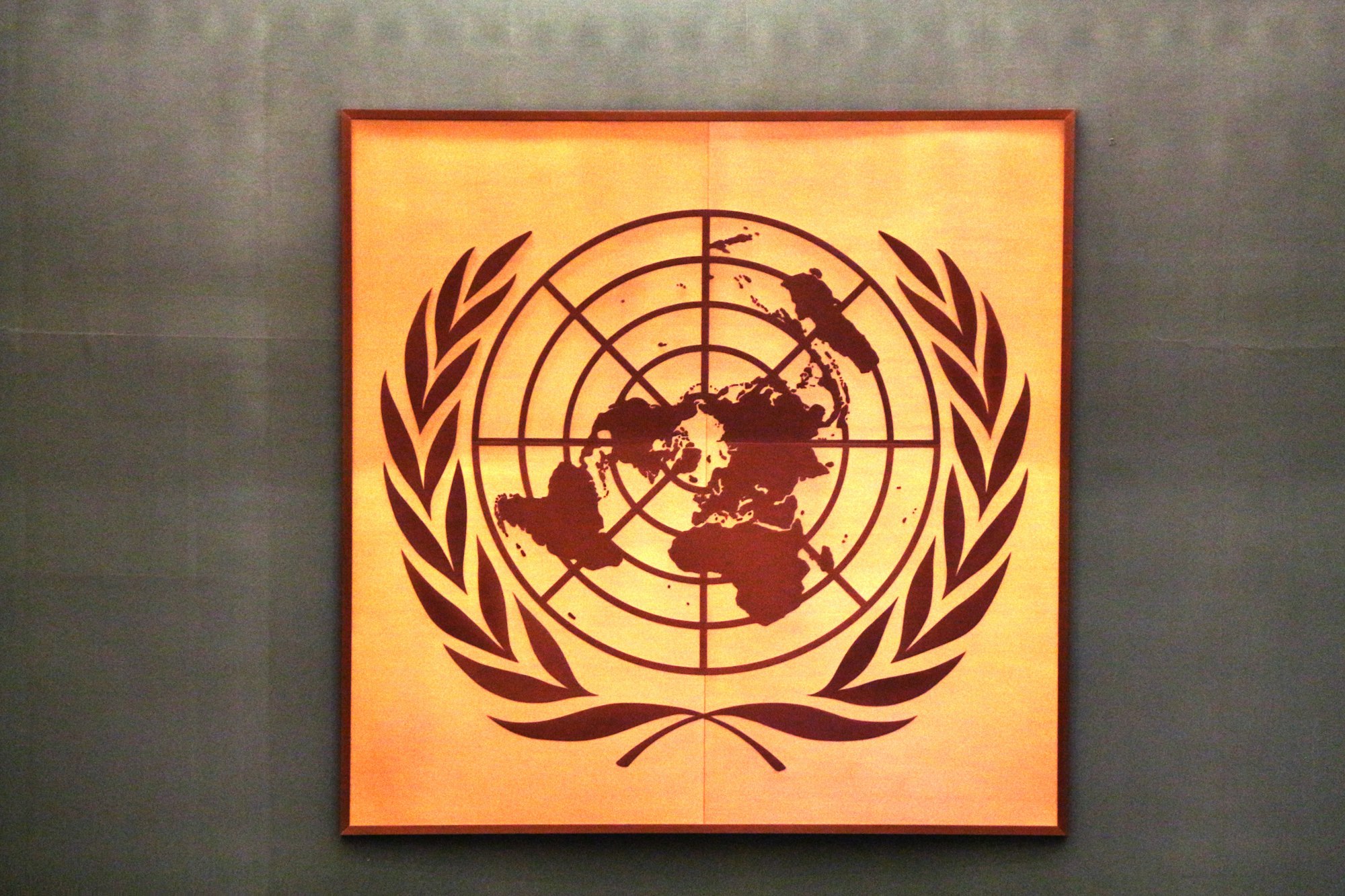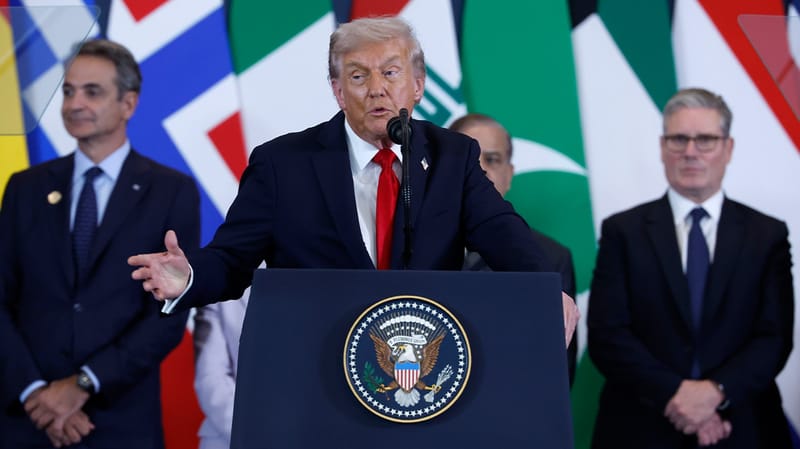Trump Administration Rejects U.S. Participation in WHO Pandemic Response, Citing Sovereignty Concerns
Move Sparks Global Controversy as U.S. Withdraws from International Health Regulations Amendments July 19, 2025 – Washington, D.C.- a bold move that has reignited debates over global health cooperation, the Trump administration announced on Friday, July 18, 2025, that the United States will formally reject participation in the
Move Sparks Global Controversy as U.S. Withdraws from International Health Regulations Amendments
July 19, 2025 – Washington, D.C.- a bold move that has reignited debates over global health cooperation, the Trump administration announced on Friday, July 18, 2025, that the United States will formally reject participation in the World Health Organization’s (WHO) updated pandemic response measures, specifically the 2024 amendments to the International Health Regulations (IHR). The decision, articulated in a joint statement by Secretary of State Marco Rubio and Health and Human Services Secretary Robert F. Kennedy Jr., underscores the administration’s prioritization of national sovereignty and skepticism toward international health mandates.
The IHR amendments, adopted by WHO member states on June 1, 2024, aim to enhance global coordination in responding to public health emergencies by facilitating information-sharing, equitable access to medical resources, and coordinated responses to potential pandemics. While the amendments do not mandate measures like lockdowns or travel restrictions, they grant the WHO authority to recommend such actions for “public health risks.” The Trump administration, however, contends that these changes risk “unwarranted interference with our national sovereign right to make health policy” and could enable “narrative management, propaganda, and censorship” reminiscent of the COVID-19 era.
NEW — HHS Secretary RFK Jr. announces the Trump administration has rejected U.S. participation in the World Health Organization’s IHR regulations and pandemic response measures:
— Charlie Kirk (@charliekirk11) July 18, 2025
"Nations who accept the new regulations are signing over their power in health emergencies to an… pic.twitter.com/gNgtCMV9fC
“The United States can cooperate with other nations without kindizing our civil liberties, without undermining our Constitution, and without ceding away America’s treasured sovereignty,” Secretary Kennedy stated, echoing concerns about the WHO’s influence, particularly from nations like China. Secretary Rubio added that the amendments fail to address the WHO’s “susceptibility to political influence and censorship,” a critique often leveled by conservatives who view the organization as overly aligned with globalist agendas.
The decision follows President Donald Trump’s earlier executive order on January 20, 2025, initiating the U.S. withdrawal from the WHO entirely, a process that requires a one-year notice period and congressional approval due to the U.S.’s entry into the WHO via a 1948 joint resolution. While the withdrawal is still in progress, the rejection of the IHR amendments ensures that the U.S. will not be bound by the new regulations, even if it remains a WHO member temporarily.
Public health experts have expressed alarm at the move, warning that it could isolate the U.S. from critical global health networks. Lawrence Gostin, director of the WHO Collaborating Center on Global Health Law at Georgetown University, called the decision a “grave strategic error” that could weaken America’s ability to respond to emerging pandemics, such as bird flu or mpox. “Withdrawing from the WHO leaves a gap in global health leadership that will be filled by China,” Gostin told CBS News, highlighting potential diplomatic and security ramifications.
🚨 BREAKING: Trump administration and Secretary Robert F. Kennedy Jr. REJECT America's involvement in the World Health Organization "pandemic response measures."
— Eric Daugherty (@EricLDaugh) July 18, 2025
The US will not comply.
“The new regulations employ extremely broad language that gives the WHO unprecedented… pic.twitter.com/Z3mvLGDTUC
WHO Director-General Tedros Adhanom Ghebreyesus expressed regret over the U.S. decision, emphasizing that the amendments prioritize member states’ sovereignty and do not mandate restrictive measures. “We regret the US decision to reject the amendments,” Tedros stated on X, urging constructive dialogue to maintain global health security.
The rejection has drawn praise from conservative figures and vaccine skeptics, who view the WHO as an unaccountable entity. Senator Ron Johnson and Congressman Chip Roy lauded the administration’s stance, with Roy stating, “The WHO lost any potential credibility during the COVID-19 pandemic, and we must ensure no future administration grants them power over the health of Americans.” Social media posts on X echoed this sentiment, with users like @marypatriott and @TheCalvinCooli1 celebrating the decision as a victory for American autonomy.
The Trump administration has rejected new rules giving the World Health Organization "unprecedented power." https://t.co/y7sL90bPiM
— The New York Sun (@NewYorkSun) July 19, 2025
Critics, however, argue that the move could disrupt decades of U.S.-led global health achievements, including polio eradication and vaccine development. The U.S., which contributed 18% of the WHO’s budget in 2023, has historically been the organization’s largest donor, providing $1.284 billion in 2022-2023. Experts like Neil Maniar from Northeastern University warn that withdrawing from WHO frameworks could hinder access to critical data and resources, leaving the U.S. vulnerable to future health threats.
As the July 19, 2025, deadline for nations to opt out of the IHR amendments approaches, the international community braces for the implications of a U.S. absence from global health coordination.




